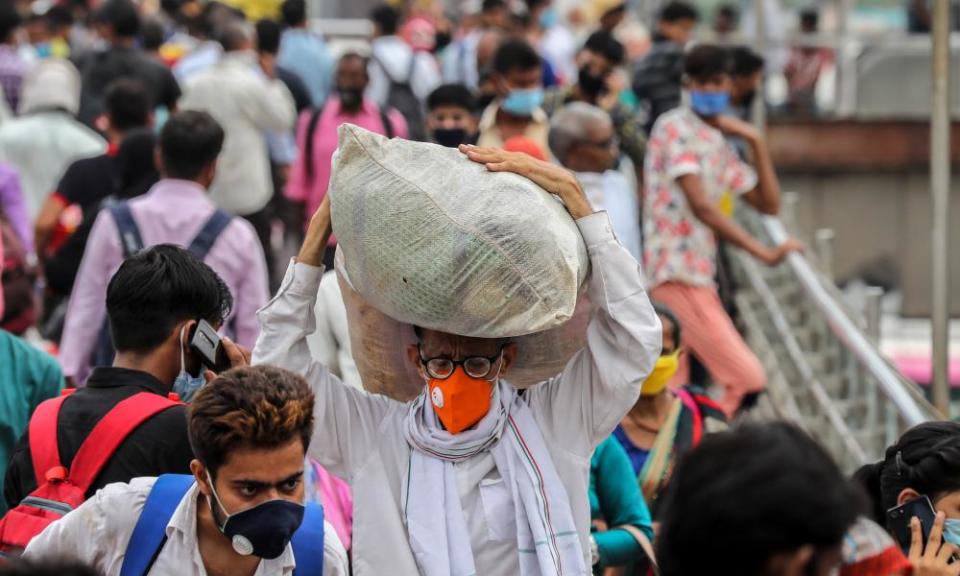How coronavirus piled misery on India's workers

Cities are the centres of this crisis, but not all cities are the same.
While we’re spending time making decisions about the pace of returning to city centre offices into an unnecessary sideshow, cities in many developing economies confront the virus with large informal sectors and growing youth populations.
This point is made clear in a new study of crisis-related economic research focusing on advanced economies.
Examining the impact of lockdown imposed in late March on more than 8,500 urban workers aged 18 to 40 ofIndia’s 1.3 billion population, it reminds us that under half of those surveyed were salaried employees.
A staggering 52% of urban workers went without work or pay during lockdown, while less than a quarter had access to government or employer financial assistance. Our support schemes had gaps, but our state was paying the wages of a third of the private sector workforce.
Related: India logs record 83,883 Covid-19 cases in day
Loss of work without support saw incomes halve in India, compared with a 4.5% fall in the UK. This is also a story of inequality, with the poor worst affected.
This crisis is called a pandemic for a reason and its global effects will determine the strength of our recovery. So it’s time to pay attention to the path of the virus elsewhere, not just when trying (and failing) to plan quarantine-free holidays.
• Torsten Bell is chief executive of the Resolution Foundation. Read more at resolutionfoundation.org

 Yahoo Finance
Yahoo Finance 